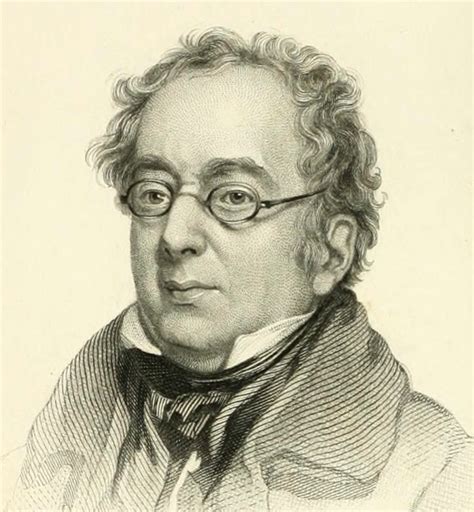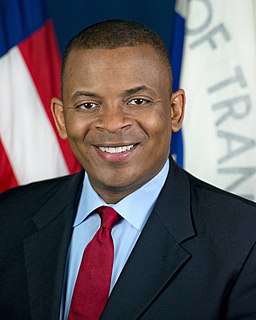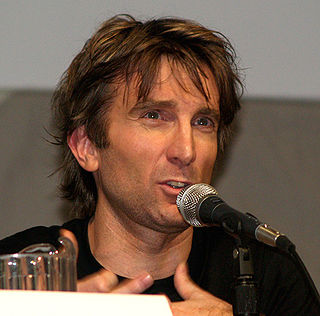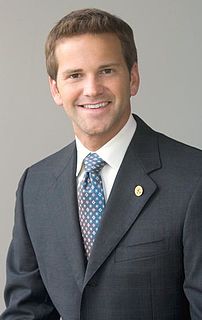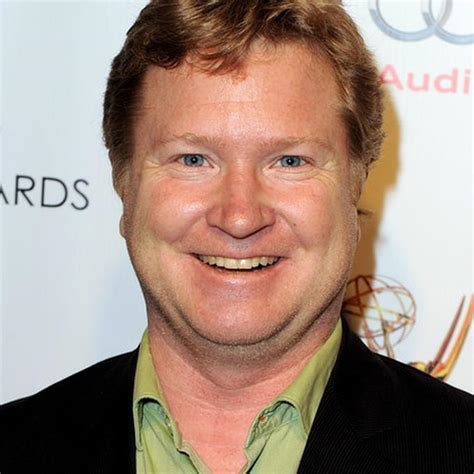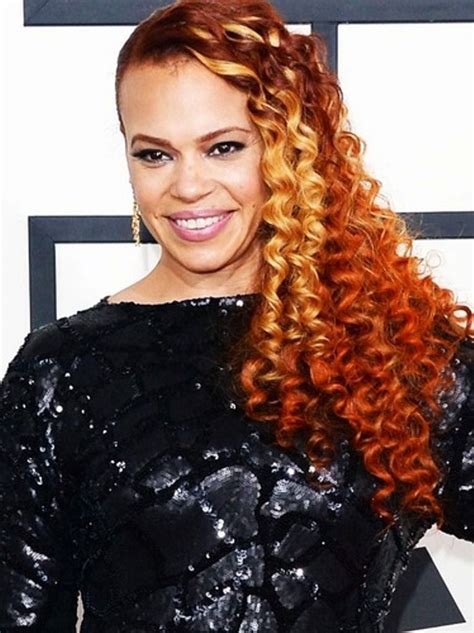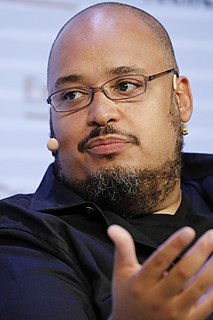A Quote by Isaac Yeffet
They can argue whatever they want. The problem is, when you interview every passenger, during the interviews you are looking for - you profile - you do profiling, to find the suspicious ones and put them out from the rest of the passengers.
Related Quotes
When I travel overseas on many occasions, I get pulled out because I may be buying a one-way ticket, I may be traveling with my sister and we have different last names. That's smart profiling. Just pulling people out one at a time when we have millions of passengers in random screenings I'm not sure is the best way to do it.
They are not asking you in there for them to learn, contrary to what they're saying. That's not what leftists do. They're not asking you to come in and teach them anything. They want to browbeat you. They want to find out why you're so stupid. They want to find out what you're missing. They want to find out why their brilliance is not reaching and connecting to you. They don't think there's anything wrong with them. What's wrong is their reader base, and they want to figure out what's wrong with you.
